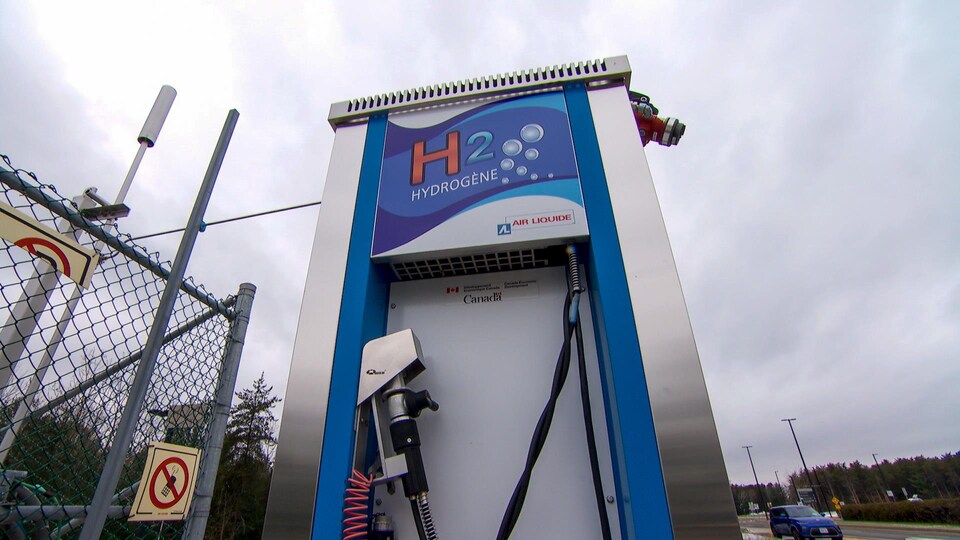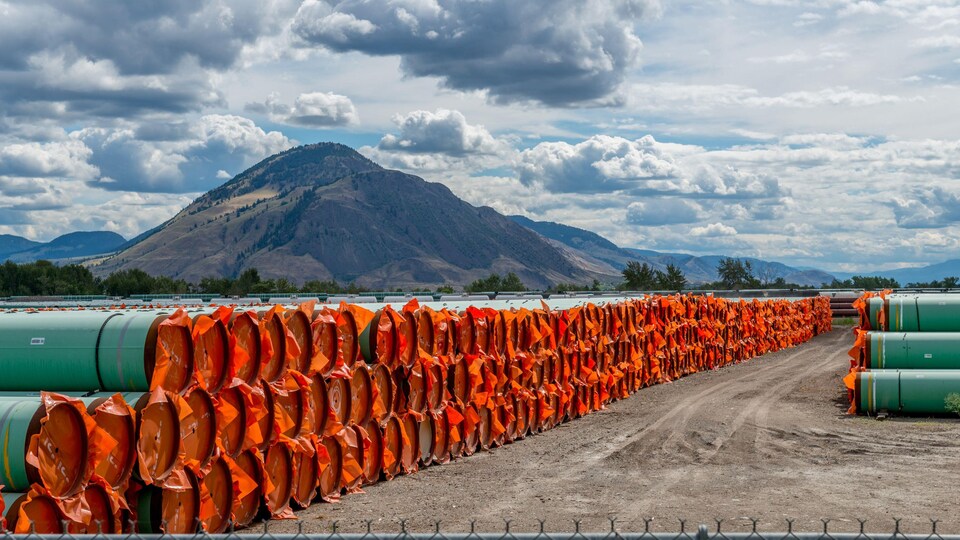In a series of five reports filed Tuesday in the House of Commons, Commissioner of the Environment and Sustainable Development, Jerry V. DeMarco, found that the Trudeau government is unwilling to support the thousands of workers and communities who will experience effect. of energy transfer.
Since taking office in 2015, the Trudeau government has made numerous announcements, promises, and ambitious greenhouse gas (GHG) reduction targets with the ambition of making Canada the world leader in moving to carbon neutrality.
However, during a series of audits with Natural Resources Canada, Employment and Social Development Canada and other partners acting on behalf of the federal government, Commissioner DeMarco found that the government machinery was far from ready to managing a fair and efficient energy transfer.
” The audit found that there was no federal implementation plan, formal management structure, or monitoring and reporting system in place to support a fair transition. “
We learned that as Canada moves to new low-carbon solutions, the government is not prepared to provide adequate support to more than 50 communities and 170,000 fossil fuels workers.Commissioner DeMarco wrote in one of his reports.
When he speaks of a enough helpthe Commissioner primarily identifies financial support, retraining programs and employment opportunities in other fields for all citizens whose livelihoods and job prospects are literally disrupted by the abandonment of fossil fuels .
Because despite its resolutely green speech, Canada remains the fourth largest oil producer in the world.
According to the Climate Institute of Canada, “approximately 70% of our commodity exports and 60% of our foreign direct investments come from weak sectors whose markets will be disrupted by the global shift to low carbon”memorial by Jerry V. Demarco.
There is no law or implementation plan
In this context of economic dependence on fossil fuels, the federal government must understand and inform the population of the effects of a transition of such magnitude, he emphasizes.
However, during the audit, the commissioner found no plan, no official management mechanism, no public consultation and no system for monitoring the results.
According to Natural Resources Canada, legislation on a fair energy transfer should be tabled in the fall of 2021, but the pandemic and the March 2020 oil shock have delayed its development.
Excessive optimism in hydrogen
The Environmental Commissioner also believes Ottawa’s GHG reduction plan is too dependent unrealistic assumptionsspecifically with regard to the use of hydrogen as alternative energy.
According to one of the reports presented to the Commons, Natural Resources Canada estimates that adding hydrogen could reduce GHG emissions in Canada by 15%. However, according to the commissioner, the ministry deliberately ignored its analysis of the data which predicts that by 2030, hydrogen will be responsible for only 0.5% of the targeted reductions and 5.5%, by 2040.
” The department did not find this projection attractive and chose to adopt more ambitious figures in modeling the Canadian Hydrogen Strategy. “
Recall that Ottawa is committed to reducing Canadian emissions by 40 to 45% below 2005 levels by 2030 and relies on widespread deployment of hydrogen – a substance that does not produce greenhouse gases. greenhouse gases when burned – to help the country achieve this ambitious goal. at a time when GHG is only increasing in Canada.
This optimism over-optimism on the part of the government about the use of hydrogen risks eventually credibility will be jeopardized of the government’s entire plan of reducing emissions and cause the country to miss its 2030 targets, the commissioner fears.
Zero emission government is not for tomorrow
In the second report, the Commissioner for the Environment also noted that the federal government’s efforts to set an example in terms of energy transfer have not been much better.
Five years after the launch of the Greening Government Strategy, the federal government’s efforts in green government operations are lacking in several areas, including planning, reporting and risk management.reading the second report in the Commons.
During the audits he conducted, Commissioner DeMarco said only 8 of the 27 departments had adopted reduction plans that should remove 81% of GHG emissions from federal departments.
The commissioner also pointed out that he had difficulty obtaining some important information about the cultivation of government operations and that those he might have had unclear or incomplete.
This is important, DeMarco pointed out, because Canada is publicly committed to achieving carbon neutrality by 2050 and become a world leader in transitioning to carbon-neutral government operations.he recalled.
He cited in particular the example of National Defense, which is the government’s largest GHG emitter, and where there is no information on the ways in which the department intends to contribute to reducing its GHGs.
” Work remains to be done to ensure that the Greening Government Strategy produces the expected results and to put in place comprehensive procedures and plans to monitor and report on the progress of emission reductions. “
Source: Radio-Canada


